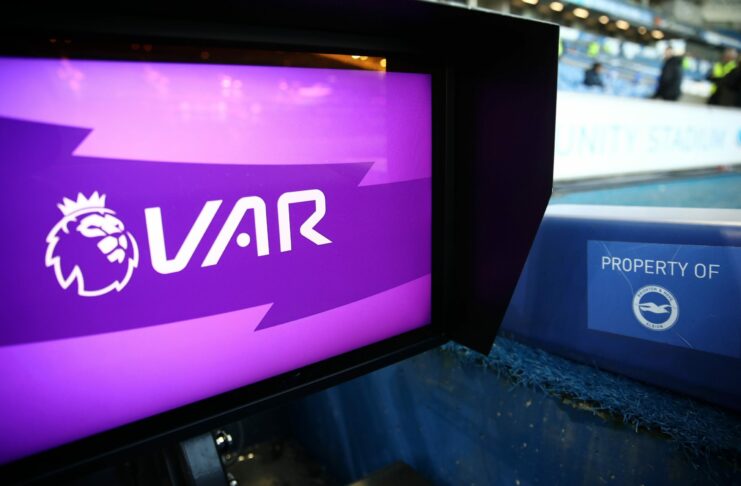The Premier League shareholders’ meeting on Thursday brought in some crucial changes on the substitutes rule and the role of Video Assistant Referee (VAR) for next season.
For starters, three promoted clubs Leeds United, West Brom and Fulham joined the meeting for the first time that set the agenda for the 2020-21 campaign.
The Premier League clubs voted to restore the use of just three substitutes after experimenting with five following the COVID-19-induced break. The five substitutes rule was brought in keeping in mind the chances of players getting injured to due to a congested fixture list.
The International Football Association Board (IFAB) decided to extend the rule for one more season but it was left up to the leagues to take the call. The Premier League has decided to go back to the old three-substitute system.
The Premier League clubs also voted to align VAR with FIFA’s recommendations from next season. The referees in the English top-flight were discouraged to check the TV monitor on the sidelines, which has been the norm in most other leagues and the Champions League, to recheck decisions.
But from next season, the referees will use the TV monitors freely in consultation with VAR to take the key calls. A few changes to the handball laws will also further bring VAR under the scanner next season.
3-substitute rule restores some balance between the big and small teams
The five-substitute rule made sense at the time as following a three-month break the players were being thrown into a congested fixture list without a proper pre-season under their belt. It helped teams to rest key players and try and avoid muscular injuries.
But the IFAB’s decision to extend the rule for one more season shocked many. While the 2020-21 campaign will also be condensed in a shorter period of time, many teams were up in arms against the rule as it decidedly favoured the bigger teams.
The top teams with bigger squads would have had an unfair advantage as they would have had more quality on their bench to call upon. It would have worked against the smaller teams who didn’t have much strength and depth beyond their best starting eleven.
The chasm between the top sides and the rest of the league in the English top-flight has only grown bigger with each year. The five-substitute rule would have further widened the gap between the haves and have nots of the Premier League.
With crowds not expected to be at stadiums at the start of next season, the smaller teams are already losing out on the home support that often helps them to put up a fight against the top teams. The three-substitute rule will still keep them in with a chance to cause upsets.
Can we expect some consistency from VAR in the Premier League next season?
The Premier League’s use of VAR has been frustrating. While the close offside calls have frustrated fans, the lack of consistency on some of the calls have been annoying to most.
The Professional Game Match Officials Limited’s (PGMOL) decision to discourage referees from taking a look at TV monitors on the sidelines to speed up the process has been an outlier in football this season.
In almost all the top leagues and European competitions, referees are regularly seen checking with the TV monitor to double-check contentious calls.
However, apart from a few rare cases, the on-field officials in the Premier League has mostly consulted with VAR through their earpieces to take the difficult calls.
With VAR being aligned with FIFA next season in the Premier League, the referees will be actively encouraged to check TV monitors. While the decision will still be made by a human, we can expect some more consistency next season.
The level of officiating in England has been shocking this season and it culminated in a woeful performance by Anthony Taylor in the FA Cup final between Chelsea and Arsenal last weekend.
VAR has done little to improve decision making in the Premier League in the 2019-20 campaign. Hopefully next season, there will be more consistency and fewer howlers.
Also Read: 3 ways Arsenal can line up with Willian

